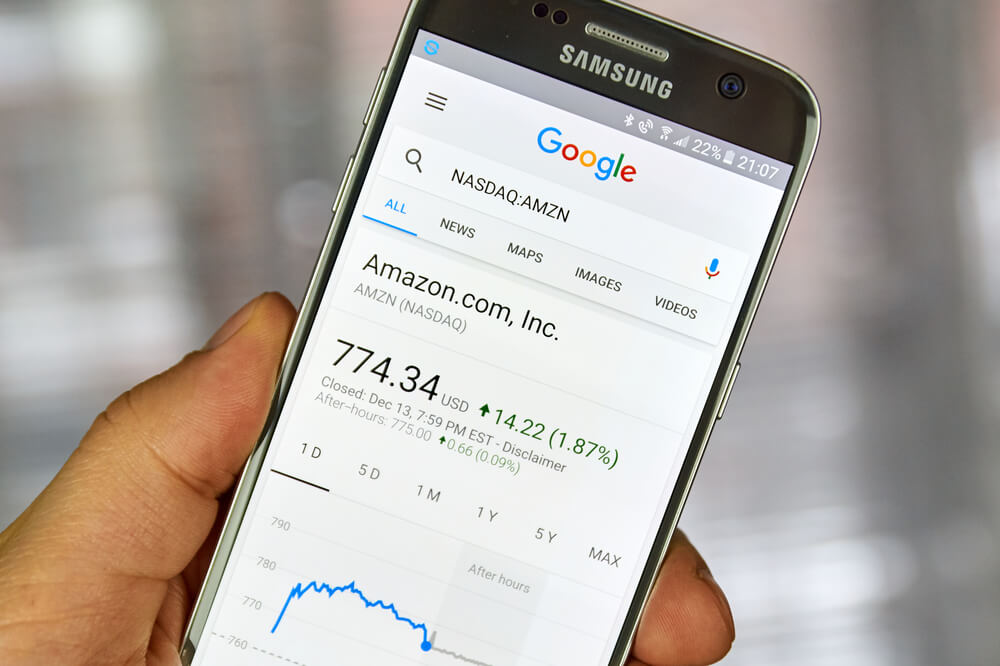Following the crowd is generally a recipe for making bad decisions, minimal returns and even losses on Wall Street, but what if that crowd is made up of hedge fund managers that are consistently beating the market betting on the most popular stocks?
According to Goldman Sachs’ recent analysis of 855 hedge funds whose assets total $2.1 trillion of the industry’s $3.2 trillion total, stocks that are the most owned by hedge funds have been outperforming the market as a whole for several years now. In fact, just in 2019, hedge fund managers have beaten the S&P 500 by 3%, and investors who have bought the most popular stocks have seen the best returns.
“Despite the strong track record of popular hedge fund stocks, investors often view high ownership as a negative trait when evaluating stock prospects. Clients often ask us to include hedge fund ownership data in stock screens, expressing a preference for buying ‘under-owned’ stocks,” Goldman strategist Ben Snider wrote in a note to clients. “In fact, during the past decade hedge fund popularity has been a more useful criterion for selecting stocks than valuations.”
The 855 hedge funds have returned 8% year to date for 2019.
But the basket of stocks with the most popular long positions (ie. Amazon, Facebook, Google parent Alphabet, Alibaba, Netflix, Celegne, Visa and Microsoft)?
They’ve returned a whopping 18%, soaring past the S&P 500’s year-to-date earnings of 15% through the first quarter, which is when Goldman conducted its study.
According to a recent article by CNBC, stocks appearing in the top 10 portfolio positions have beaten the S&P 500 61% of the time since 2001, with an average excess return of 0.55 percentage points. Funds that hold the most shares of the those stocks have been the market 63% of the time with an average excess return of 1.96 percentage points.
“The signals from hedge fund popularity and valuation have been particularly useful in combination, especially for investors with slightly longer investment horizons. During the past decade, popular stocks have generally outperformed unpopular stocks across both 3- and 12-month investment horizons,” Snider wrote.
Which makes what stocks you pick all the more important.




